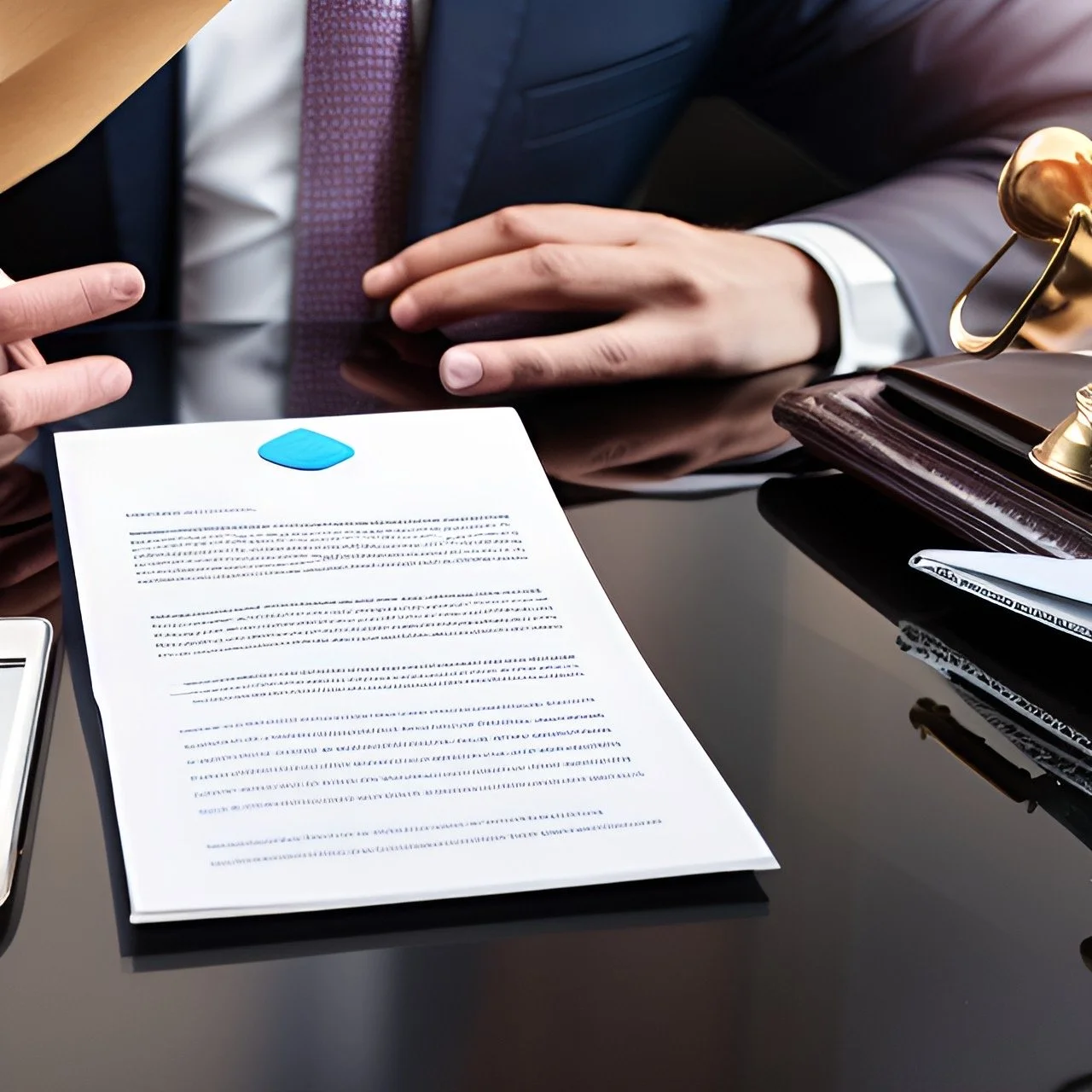"Taylor Lindsay-Noel says her “jaw dropped” after seeing the clip, which has been making its rounds on social media this week. “Disabled people are here to stay, whether you want them to be here or not,” she said in a TikTok directed to [Candace] Owens. “And we deserve to be seen in all forms of media, including lingerie and shapewear.”
—Natalie Michie, FASHION Magazine
In the wake of recent comments from political commentator Candace Owens deriding SKIMS for their recent ad campaign promoting adaptive clothing, I became instantly frustrated and annoyed before quickly turning my mind to curiosity. Whenever someone attacks diversity, equity, and inclusion efforts, one of my primary questions becomes, why?
Owens openly and proudly detesting these efforts as “ridiculous” is an indicator of just how far we have to go. People are fearful either of what they don’t understand, or what threatens them. To view DEI efforts as tiresome, patronizing, and being taken too far, as Owens does, is a tacit admission of privilege. The very idea that disability is something to be prioritized, placed front and center with pride and joy, to be celebrated and appreciated, must make someone as narrow-minded as Candace Owens fearful.
Ableism is not new. The disabled community confronts it in our daily lives whether it’s an inaccessible environment, questioning our capabilities in the workplace, or general derisive comments. What has increased in recent years is the brazenness by those in positions of power who publicly mock our right to exist as we are and not be ashamed for it. Candace Owens is a symptom of systemic ableism, she is not the cause.
Additionally, we have brands like Levi Strauss & Co., who late last week announced a partnership with Lalaland.ai, a digital fashion studio to bring AI-generated models to their modeling campaigns in an effort to increase diversity. While Amy Gershkoff Bolles, Ph.D. Bolles, global head of digital and emerging technology strategy at Levi Strauss & Co.noted that AI would ‘likely’ never fully replace human models, the caveat alone is concerning. AI-generated imagery aimed at the disability population certainly has the potential to increase revenue, but doing so artificially while claiming to champion DEI as a “top priority” is disingenuous. I’m reminded of the 2022 campaign by Pottery Barn last summer that proudly introduced its Accessible Home furniture line without employing any disabled models.
Despite what Candace Owens, or the marketing team at Levi Strauss & Co. has to say, disabled people aren’t going anywhere. As 20% of the global population, we deserve to see ourselves everywhere, and compensated accordingly. If that creates discomfort for you, interrogate why.
I’m thankful to the many disability advocates who continue to call out the harmful impact of ableism.










